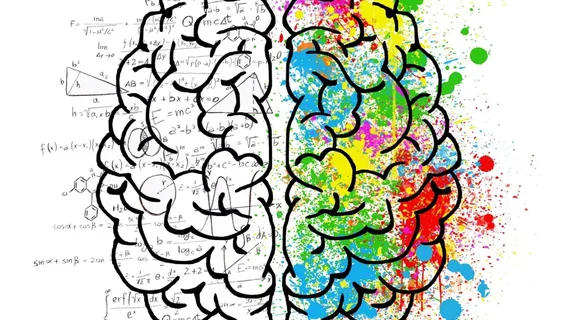FDA approves first PET agent for tau imaging
For the first time, the U.S. Food and Drug Administration has granted approval to a radioactive diagnostic agent for imaging tau on PET scans.
The F-18 flortaucipir tracer was developed by Avid Radiopharmaceuticals, a subsidiary of Eli Lilly, and will be marketed under the name Tauvid, the FDA announced Thursday.
Tauvid helps clinicians estimate the density and distribution of tau neurofibrillary tangles in adults with cognitive impairment who are being examined for Alzheimer’s disease. In order to neuropathologically diagnose a patient with AD, doctors must prove the existence of both beta-amyloid neuritic plaques and tau NFTs in the brain.
The FDA noted that it has approved imaging drugs in the past for evaluating amyloid pathology, but Tauvid is the first and only imaging agent approved to image tau in the brain.
“Alzheimer’s disease is a devastating condition that affects millions of Americans,” said Charles Ganley, MD, director of the Office of Specialty Medicine in FDA’s Center for Drug Evaluation and Research. “This approval will provide healthcare professionals with a new type of brain scan to use in patients being evaluated for Alzheimer’s disease.”
Two clinical studies were performed to evaluate the agent’s safety and effectiveness prior to approval.
In one, 156 terminally ill patients agreed to receive Tauvid imaging and donate their brains after they died. Experts then interpreted the scans of 64 patients who passed within nine months of the exam and compared them to post-mortem readings from independent pathologists. Results showed that readers examining Tauvid scans had a high probability of accurately spotting tau pathology and an average-to-high probability of correctly evaluating those without tau pathology.
For the second study, researchers enrolled the same terminally ill patients from the first study but added another 18 individuals along with 159 cognitively impaired patients who were being examined for AD. The primary objective was to see how well Tauvid readers agreed with one another’s interpretations.
Across the entire group of 241 patients, reader agreement was 0.87 with 1 indicating perfect agreement and 0 equating none at all. And in a subgroup of 82 terminally ill individuals diagnosed after death, readers scored a 0.82. In the 159 patients with cognitive impairment reader agreement was 0.90.
"The use of diagnostic imaging can help patients and their families plan for the future and make informed choices about their health and well-being, in addition to facilitating appropriate patient management for physicians," said Reisa Sperling, MD, director of the Center for Alzheimer Research and Treatment at Brigham and Women's Hospital and Massachusetts General Hospital. "Determining the anatomic distribution and density of tau NFTs in the brain was previously possible only at autopsy. Now we have a way to obtain this important information in patients."

